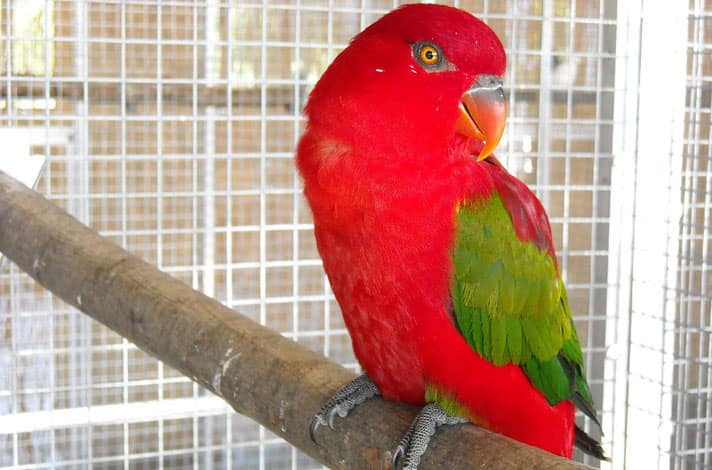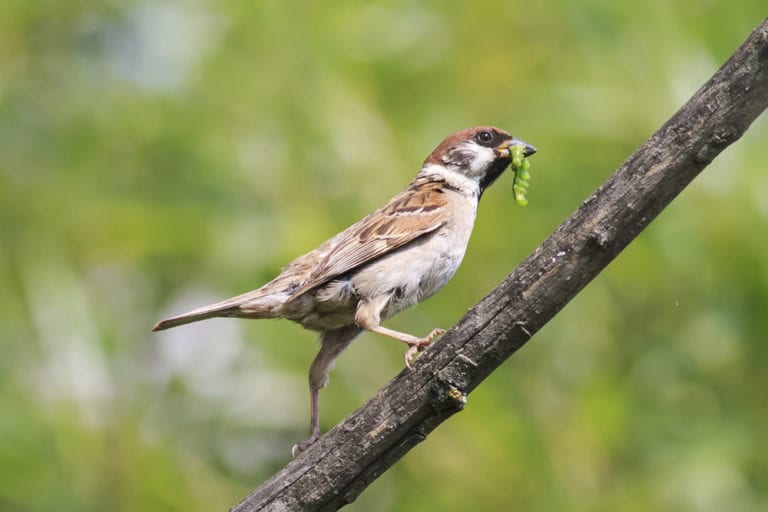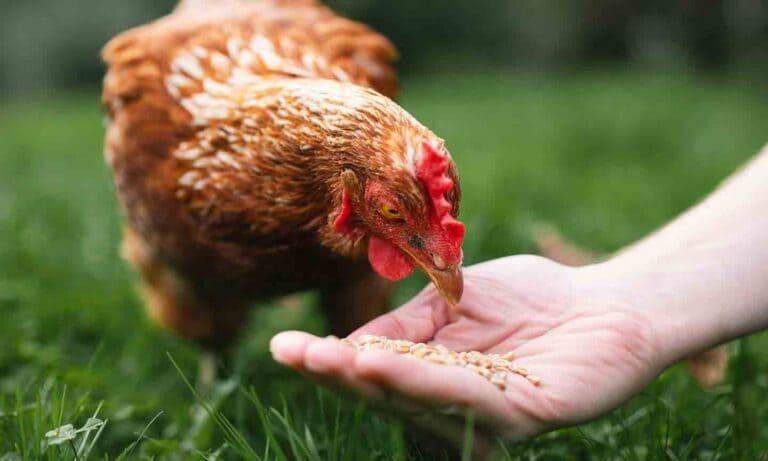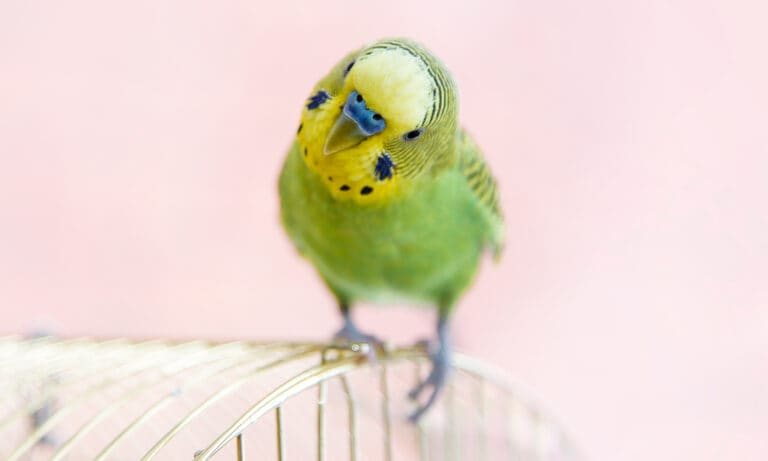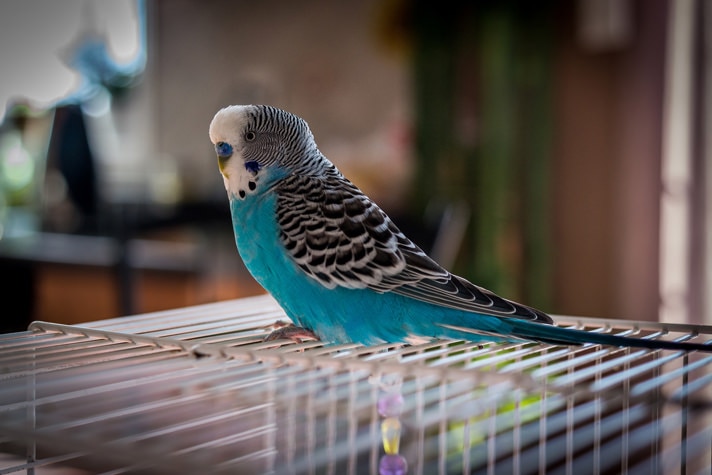Sometimes what has bird owners concerned is not excessive screaming, but silence from their birds. When that happens, it almost always means something is wrong. Usually the bird is sick.
Why Silence is a Warning Sign of Bird Health
“When birds don’t feel well they get quiet because they’re weaker and they don’t want to vocalize,” says Larry Nemetz, DVM, an exotics-only veterinarian in Santa Ana, California. “Any sounds they make is low-toned, not high-pitched, and they don’t put any effort into their vocalizations. It’s very similar to people in that if we don’t feel good, our voice tone goes down and we’re not so animated and there’s a general malaise.”
Any kind of physical malady—an infection, inflammation, metabolic disorder, or trauma—could cause your bird to decrease its vocalizations or stop chattering altogether.
“Generally the first sign of a sick bird is a behavior change and commonly the behavior change is that they stop talking and vocalizing,” warns Gregory Burkett, DVM, an avian veterinarian in Durham, North Carolina.
There may be other signs of illness as well, such as lethargy, fluffed up feathers, loose droppings, behavioral changes, difficulty breathing, discharges from the cere, etc.
“If your bird feels sick, he may simply not feel confident enough to vocalize,” added Jeffrey Jenkins, DVM, an avian veterinarian in San Diego, California.
With male canaries in particular, the No. 1 reason they are brought in for veterinary exams is because they stopped singing, according to Dr. Jenkins.
“To a canary, to sing is almost a threat to the birds around him; it’s an open invitation to ‘take me on; any time you boys feel like taking my territory you just come try,’ kind of thing. But if he’s not feeling well, he doesn’t do that because he knows he’s going to get beat up,” Jenkins said. Single-kept, solitary male canaries will also stop singing; their hormones don’t kick in because there’s no other bird around and thus no reason to sing, Dr. Jenkins says.
An actual disease of the airway or lower respiratory tract can also cause vocalization changes.
Bird Diseases that Affect a Bird’s Vocalization
“The bird’s voice box is located in a structure in their throats called a syrinx, which is where the airway bifurcates, near the point of the union between the bronchi and trachea,” Dr. Jenkins explains.
Any type of disease in the syringial area or trachea could cause a bird to stop vocalizing or could result in a change in vocalization.
Aspergillosis is one of the most common respiratory diseases that causes a change in vocalization.
“With this infection, usually in the trachea, the Aspergillus organism (a fungus) will grow inside the trachea and restrict air flow. This will change the sound of the voice, may prevent vocalization completely, and even cause death due to asphyxiation,” Dr. Burkett explains.
Aspergillosis may cause the bird’s voice to suddenly turn raspy or hoarse, or the bird may now be making an involuntary “squeak” or high-pitched whistle, which it never made before.
Other diseases that can affect the airway include tracheitis, bronchitis, air sac disease, pneumonia and tracheal tumor. A bird might also have a foreign body (such as a piece of food or a part of a toy) stuck in the trachea or near the syrinx.
If your normally chatty bird becomes quiet for more than a 24-hour period, or if you notice any other changes in your bird’s vocalizations, get it to your veterinarian immediately! Any change in behavior is something to be concerned about. It may turn out there’s nothing wrong, but it never hurts to have your bird checked out.
You’re better off knowing everything is okay and dealing with it right away, rather than waiting a couple of days and then a problem that could have been fixed in one day as an outpatient is now a very serious problem that requires the bird to be hospitalized.”
When it comes to the health and well-being of your feathered friends, it’s always better to play it on the safe side.
Posted By: Chewy Editorial
Featured Image: via Pixabay
Share:
